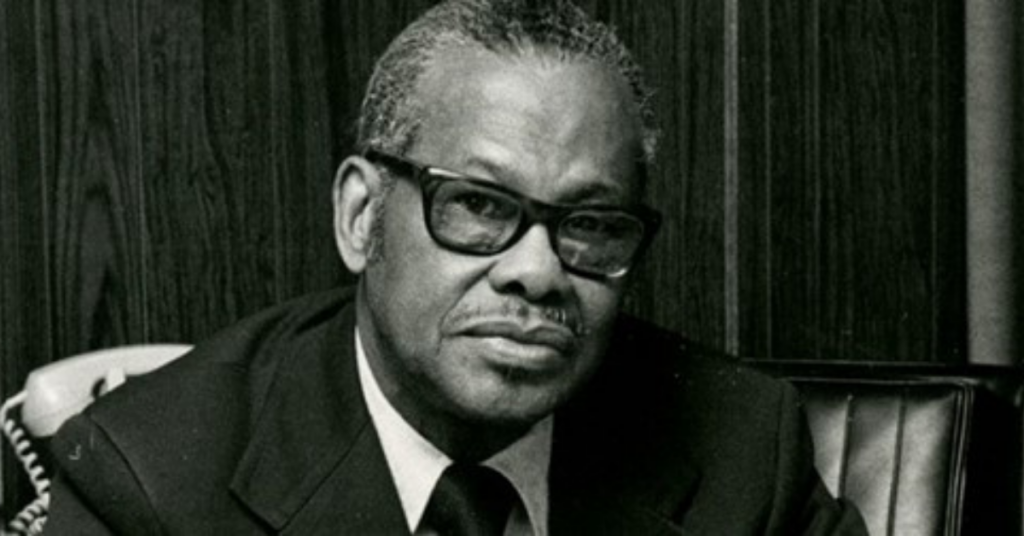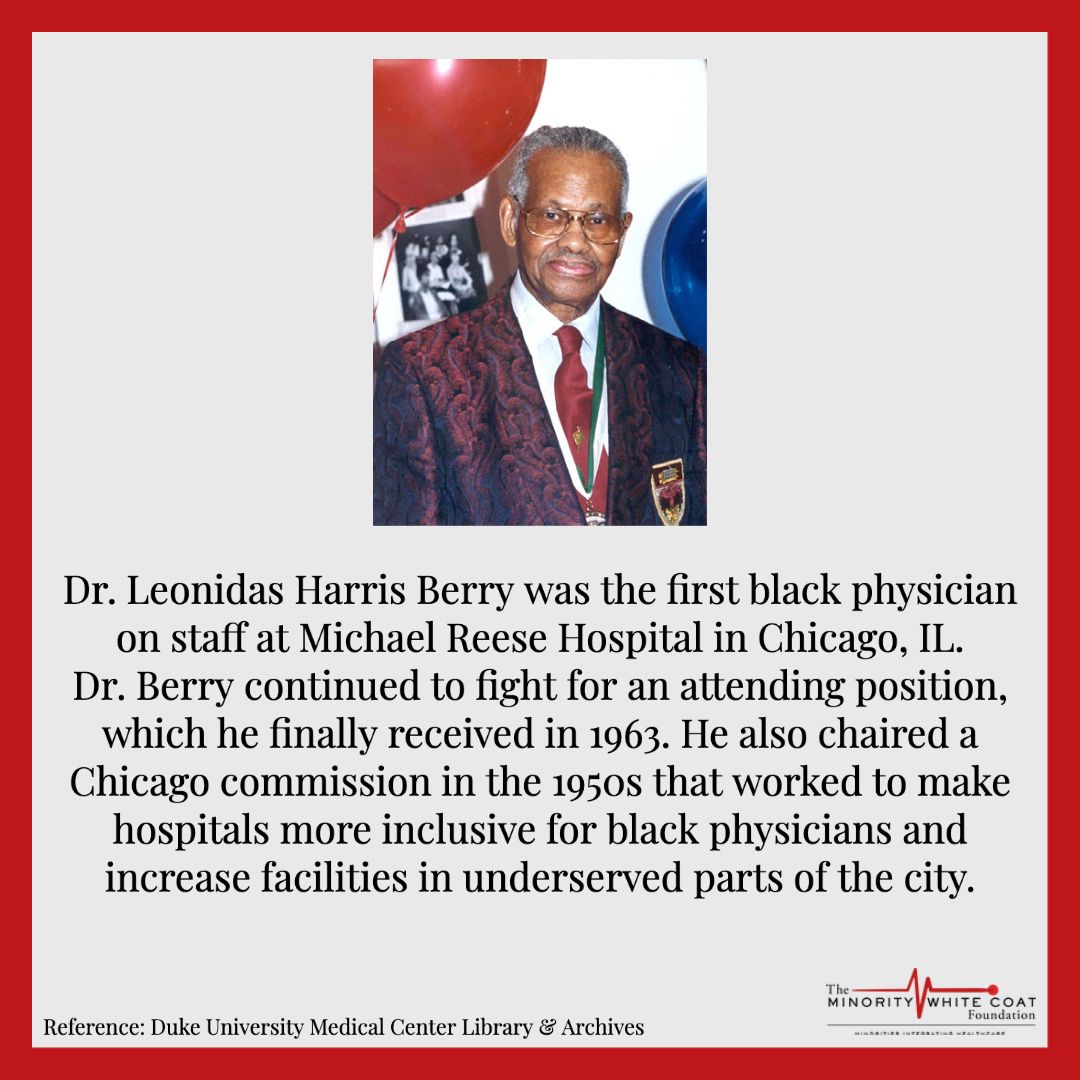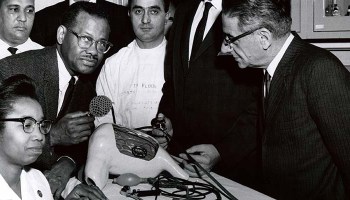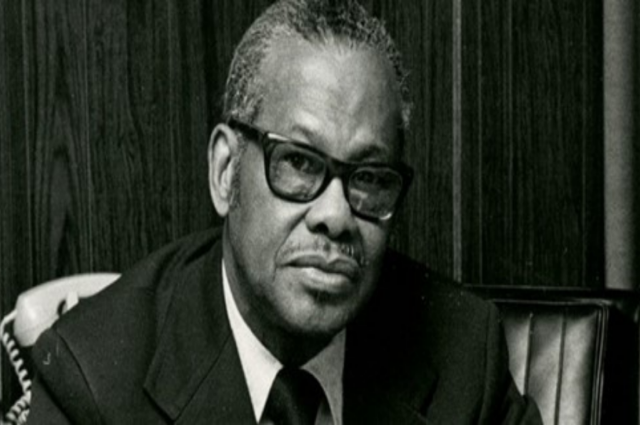Leonidas Harris Berry was a pioneering medical researcher who challenged the long-held belief that excessive alcohol consumption primarily impacted the stomach. Born on July 2, 1902, in Woodsdale, North Carolina, Leonidas grew up in Norfolk, Virginia, and graduated from Booker T. Washington High School before attending Wilberforce University in Ohio and earning his medical degree from the University of Chicago in 1925.
In 1927, black medical students were denied the opportunity to conduct clinical clerkships for three months, leading Leonidas to complete his clerkship at a small black-owned clinic for two years. He then completed a one-year internship at Freedmen’s Hospital in Washington, D.C. in 1930. Leonidas’ family placed a high value on education, and he went on to earn his M.S. degree in pathology in 1933 from the Graduate School of Medicine at the University of Illinois, according to the Encyclopedia.

As a faculty member at Rush Medical College in Chicago, Leonidas began his groundbreaking research on the effects of alcohol on the human body. At the time, the medical community believed that alcohol consumption primarily damaged the stomach, causing gastritis and ulcers.
However, Leonidas’ research led him to question this assumption. By conducting experiments on laboratory animals and analyzing the livers of deceased alcoholics, he discovered that the liver was, in fact, the organ most affected by alcohol consumption. His research revolutionized the field of medicine and helped to advance our understanding of the harmful effects of alcohol on the human body.

The damaging effects of long-term heavy drinking on the liver, including cirrhosis, were uncovered by Leonidas Harris Berry, a revolutionary figure in medicine. Through his groundbreaking research, Berry challenged the prevailing medical beliefs of his time, paving the way for a better understanding of the relationship between alcohol and liver disease. His work established the importance of liver function and the role of alcohol in damaging it, and his legacy continues to save countless lives through advancements in treatment and prevention.
Despite facing opposition, Berry remained steadfast in his convictions and continued his research throughout his career, becoming a respected figure in the medical community. He was also passionate about extending medical charity to parts of the world where healthcare was inadequate. In one instance, he funded a team of health officials, called ‘flying black medics,’ who provided free healthcare, conducted examinations, and donated drugs to facilities they set up in Egypt in 1969.

Today, Berry’s pioneering work serves as a testament to the power of scientific inquiry and the pursuit of truth.
